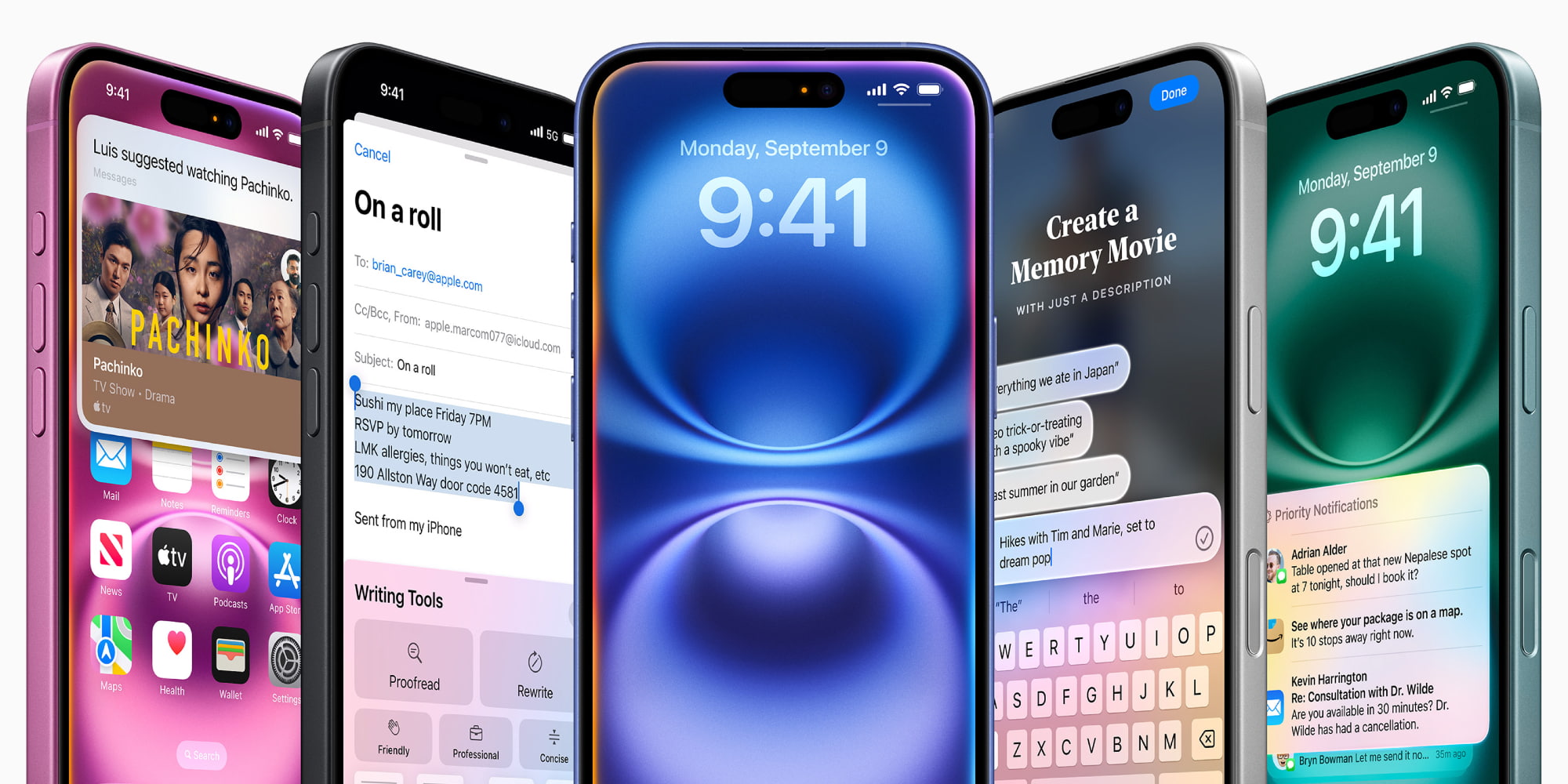Apple’s kicking off a new Home products strategy this year, and an Apple Television is reportedly being evaluated as a future product. Recent trends in the TV space reveal how much opportunity there is for Apple to disrupt the market with a new product and better direction.
TV makers prioritizing features that score more ad revenue and user data
CES this week was full of glimpses into TV makers’ plans for the year ahead. And those plans, unfortunately, reflect a focus on gimmicky software and AI features that provide little true value to users.
Scharon Harding writes for Ars Technica:
The trend reveals the implications of TV brands increasingly viewing themselves as software rather than hardware companies, with their products being customer data rather than TV sets. This points to an alarming future for smart TVs, where even premium models sought after for top-end image quality and hardware capabilities are stuffed with unwanted gimmicks.
Harding’s full report goes in-depth on the examples she observed from CES. These include:
- LG turning its remote into an ‘AI Remote’ that removes its input button in favor of one that loads a webOS dashboard—which only makes sense when considering the company’s recent pushes to show more ads throughout webOS
- TVs adding far-field microphones for Google Gemini support—with fuzzy privacy implications and the prospect of getting a cut of Google subscription revenue later
- Samsung’s faulty AI tool for analyzing food on-screen and offering related recipes—coincidentally, the company has a new Instacart partnership for grocery orders
- LG and Samsung both implementing Microsoft Copilot—a chatbot with seemingly little value on a TV set
If you want to get discouraged about the prospects of future TV hardware, read the full piece.
Opportunity abounds for an Apple Television to ‘think different’

Overall, these ‘innovations’ in the TV space reveal a growing need for another player who can create a quality product without gimmicks or privacy hazards.
In other words, an Apple Television needs to actually happen.
I’ve previously outlined five key reasons why Apple should absolutely make a TV set.
This new CES report is an easy number six.
Some might argue that modern Apple is big into services revenue and AI too.
Apple has been growing its services revenue, sure. And it’s very focused on AI at the moment too.

But unlike these other companies, Apple has a solid understanding of what makes a good product.
It’s hardware, software, and services coming together in a way that creates a compelling user experience.
Modern TVs can provide great hardware, but the experience is harmed by the software and services pieces.
My hope would be that if Apple launched a TV set, its emphasis on user privacy and thoughtful integration of hardware, software, and services could initiate a shift in the market.
That’s probably a misguided hope. But one thing’s for sure: with the troubling trends for new TV sets coming out of CES, I want an Apple Television more than ever.
Would you buy an Apple Television? Do current TV trends bother you at all, or are they no big deal? Let us know in the comments.

